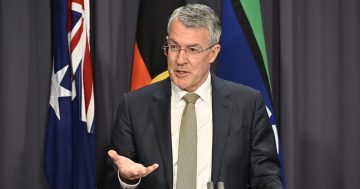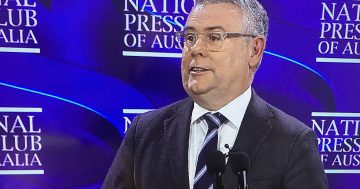 The United Kingdom Institute of Government (IfG) has weighed into the Greensill lobbying storm by saying some Government Ministers need to have it carefully explained to them why they can’t deliberately break the law.
The United Kingdom Institute of Government (IfG) has weighed into the Greensill lobbying storm by saying some Government Ministers need to have it carefully explained to them why they can’t deliberately break the law.
In a new report, it said Public Servants had told its researchers that certain politicians had “no idea what the big deal is about cracking on with their plans in face of warnings that it would be illegal”.
The IfG spoke to a range of Westminster insiders for the report.
Among the findings was that politicians’ appetite for legal risk varied from those who “take what lawyers say as gospel” to those “who have no clue that the rule of law is a thing at all”.
Quoting a former official, the report said: “The most difficult were those who totally refused to accept the fundamentals on which officials and lawyers were giving advice”.
This led to the problem of finding the right language to explain to them why they could not break the law.
Before Greensill, the Government was embroiled in several rows over its attitude to legal constraints.
Last September, Chief Civil Service Lawyer, Jonathan Jones (pictured) and Advocate General for Scotland, Lord Keen quit in protest at the Government’s plans to deliberately breach international law.
More recently, Secretary for Justice, Robert Buckland has been accused of distorting the findings of an independent report on judicial review.
Meanwhile, Political Reporter for the British Broadcasting Corporation, Justin Parkinson has claimed in an opinion article that the major culprit in the lobbying scandal is the smartphone.
Mr Parkinson said WhatsApp and text messages had replaced face-to-face meetings and letters as the favourite method of communication for politicians.
“The casual, and sometimes untraceable, nature of these communications can make it harder for the Civil Service to ensure everyone — Ministers, officials, businesses and lobbyists — plays by the rules,” Mr Parkinson wrote.
London, 25 April, 2021











